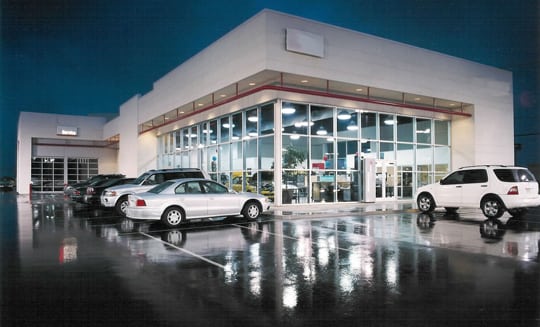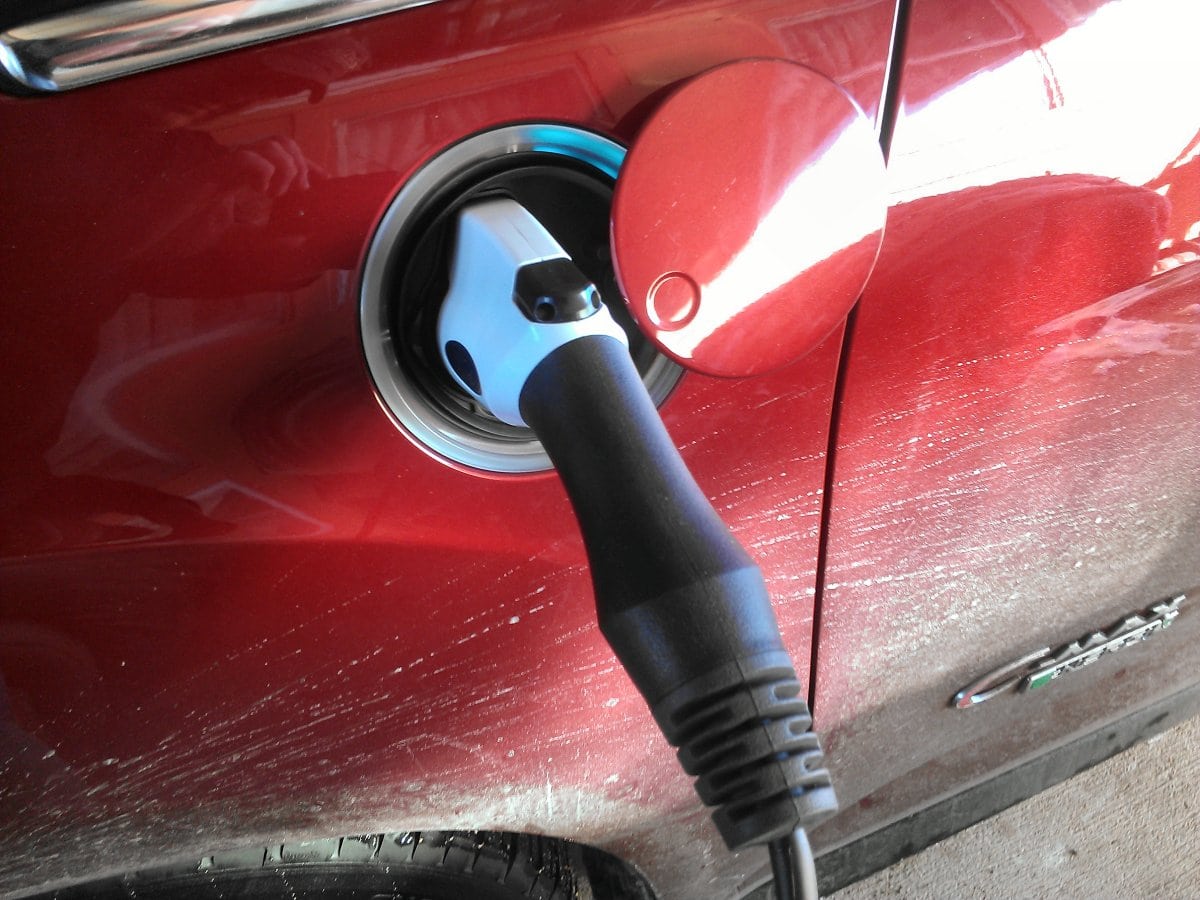This study found some interesting conclusions about the apparent disconnect between what buyers believe and what dealerships know. One of the major points is in vehicle pricing, which most consumers seem to believe is entirely set by the dealership. The survey and components are limited in scope, in terms of the number of participants, but nevertheless enlightening.
Here’s the rundown from the source plus a link to the study itself:
A full 86 percent of consumers already have a price in mind for the car they want before visiting the dealer to test drive or purchase a car or truck. This insight is courtesy of the latest study from Jumpstart Automotive Media and Ipsos: “Today’s Auto Buyer and the Digital Retailing Experience.” The study, available by clicking here, addressed the distrust consumers have in vehicle pricing, and the frustrations many dealers encounter when trying to educate consumers on the pricing process.
Why A Pricing Disconnect Remains Between Consumers & Dealers
Eighty-one percent of consumers don’t believe a dealer’s “lowest price” and still expect to be able to negotiate savings of a few hundred to a few thousand dollars. At the same time, customers may not understand how cars are priced, which can lead to distrust and frustration on the dealer’s part. For example, there are often questions around whether the dealer or the manufacturer sets the price, what costs are built into that price, and what (if any) aspects does the dealer have the ability to negotiate. Consumers believe that dealers are making a large profit, while dealers today are saying that they don’t make money until they hit volume goals, which are often a challenge to reach.
Part of the challenge consumers feel comes from the fact that prices on many new vehicles today are at or near all-time highs. Americans remain attracted to large SUVs and trucks, and even when they’re interested in cars they want fully loaded with features or size and space for versatility. Approximately 49 percent of consumers say they determine a “fair” price based on what they find on third-party automotive websites, another 31 percent deem a vehicle to come with a fair price if there is a negotiated savings off the sticker.
Is Negotiation Non-Negotiable?
Despite nine out of ten consumers having at least some interest in a “no-haggle” model for car buying, most still prefer to negotiate their own deal versus other ways of settling on a price. And, even though most agree that the sales process takes too long, they’re still willing to spend a half hour or longer bargaining to save even $100. What’s more, a consumer’s desire to negotiate their own deal vs. the no-haggling approach has more to do with a lack of trust with dealership pricing than a desire to bargain. Lastly, 68 percent of consumers say they would prefer to deal with a non-commissioned sales person at a dealership.
“The cat-and-mouse game of pricing and negotiation at the dealership won’t be fully satisfied any time soon,” said Libby Murad-Patel, vice president marketing and strategic insights for Jumpstart. “However, finding a true understanding of what each side is looking for will ultimately help in reducing the friction and adversarial nature when it comes down to vehicle pricing. Consumers can’t demand a no-haggle deal but ultimately want to try and save a few bucks, and dealers need to help consumers better understand how they arrived at a certain price point to build more trust.”
Click here to access the complete report.







